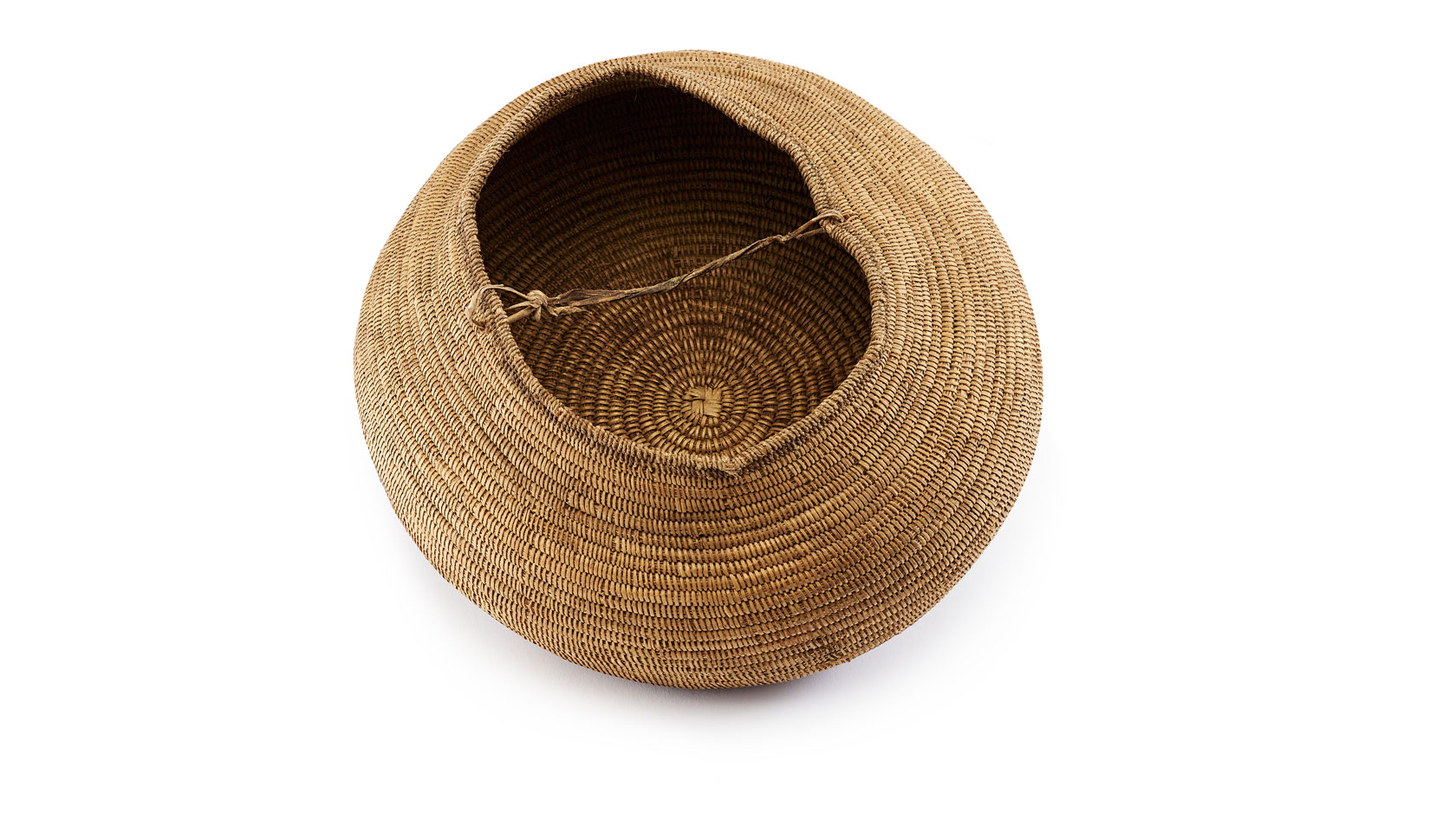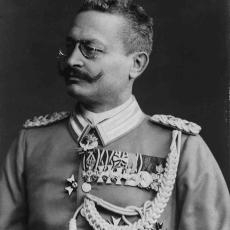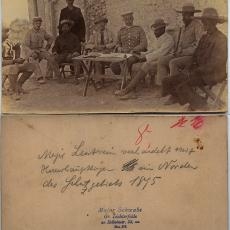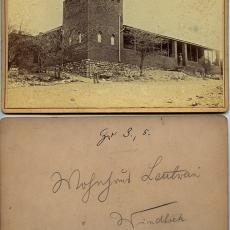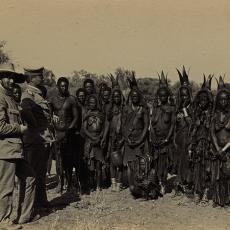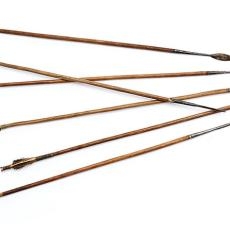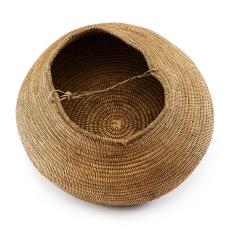Insights into the History of the Collection
Theodor Gotthilf Leutwein
9.5.1849 – 13.4.1921
Theodor Leutwein came from the Neckar-Odenwald area. He studied law in Freiburg for two semesters. In 1868, he joined the 5th Baden Infantry Regiment No. 113 as an ensign, a promotion to lieutenant would follow in 1869.
In December 1893, Reich's Chancellor Caprivi gave Major Leutwein the order to end the war between the German troops and the local ethnic groups in the colonial protectorate of German South West Africa (present-day Namibia). Leutwein was appointed governor of the state in 1895 and commander-in-chief of the Schutztruppe (official name of the German Colonial troops in the African territories of the German Colonial Empire) in 1897. On 18 April 1898, he was awarded the title Governor of German South West Africa. From 1894 to 1904, Leutwein and his troops fought the rebellious local people, especially the Herero and Nama. Eventually, after the army was significantly weakened, he was replaced by Lieutenant General Lothar von Trotha. Leutwein then retired, left the colony and returned to Germany. On April 13, 1921 he died in Freiburg and was buried in Freiburg's main municipal cemetery.
Leutwein in Deutsch-Südwestafrika
Major Theodor Leutwein worked for the colonial government in the German protectorate German South West Africa (present-day Namibia) from 1893 to 1905. Sent by the German government to end the escalation of conflict between the indigenous ethnic groups and the forces of occupation, Leutwein succeeded in 1894 in persuading the important Nama leader, Captain Hendrik Witbooi, to make peace with the Germans. In the following years, Leutwein consolidated colonial rule in large parts of the country by installing military outposts throughout the country. His "divide and rule" policy ensured reasonably stable conditions in the colony for almost a decade. After the outbreak of the Herero-Nama rebellion in 1904, Leutwein had to resign his position as governor and the command of the Schutztruppen (official name of the German Colonial troops in the African territories of the German Colonial Empire). Leutwein had been criticised for his somewhat hesitant approach to the indigenous people. He was replaced by General Lothar von Trotha, who advocated a much more brutal approach to the insurgents, even to the point of genocide. Leutwein rejected his radical policy of extermination. In response to these events, he retired in 1905 and returned to Germany.
Schenkung Leutwein
Mayor Otto Winterer (1846–1915) wrote to Theodor Leutwein on 28 October 1898, asking him to send objects from German Southwest Africa (present-day Namibia) to Freiburg for the opening of the museum. Leutwein, who was in Windhoek at the time, agreed to put together a collection. However, the twenty-two objects he eventually donated to the museum were mainly collected by Captain Fromm in the Omaruru region. There is no documentary record to illuminate the background details of how the objects were obtained. Leutwein himself had never examined the collection, but indicated that the shipment did indeed contain rarities.
In 1905, Hugo Ficke compiled a list of the museum's most generous donors. The Leutwein Collection is valued at 500 marks. His services to the museum were also honoured with a Freiburg coat of arms.

